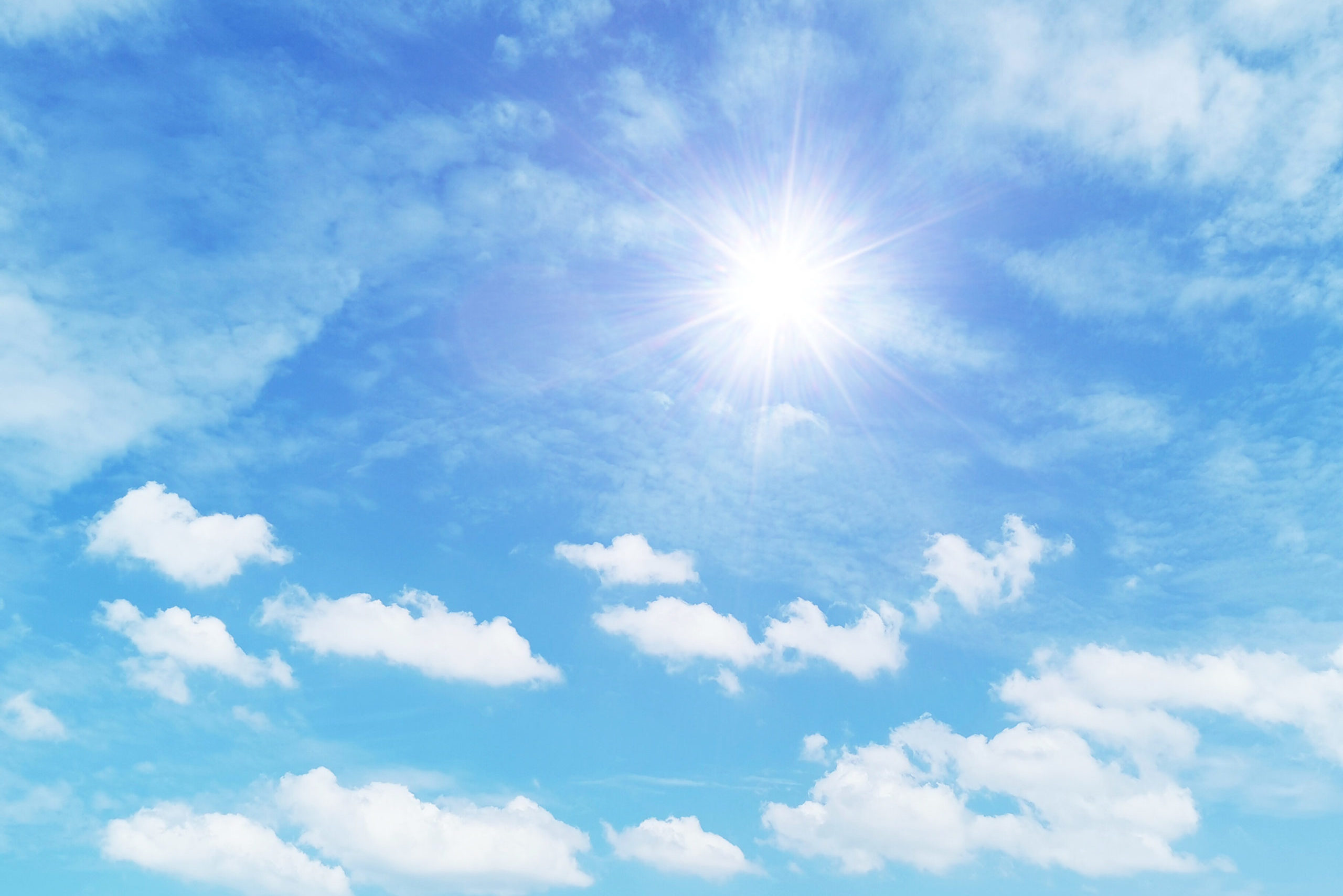With the summer months of the year in full swing and some of the hottest temperatures on record in some places, it is more important than ever to take hydration seriously, as Robin Anderson, President of the Fort Worth/Metroplex chapter of the LPGA Amateur Golf Association, can attest.
It was a hot July day, and Robin had a morning tee time with friends. Her round was only supposed to last about 4 hours, ending right around the heat of the day. Even still, the Texas heat was around 100 degrees Fahrenheit, and the air was incredibly humid. Both made for uncomfortable conditions for her health.
“I feel like I hydrate pretty well most of the time,” Robin said. “My cart buddy felt like I wasn’t doing as good of a job as I should’ve, but she is the queen of staying hydrated in the great outdoors. I felt good when we finished [the round], but I was hot. We were all hot.”
Her plan was to blast the air conditioning the moment she got in her car to cool off. But little did she know, her AC was broken and could only blow hot air from the outside right back at her. Though the drive back wouldn’t be the chance to cool down like she had hoped, Robin wasn’t too worried.
“The first two cars I owned didn’t have AC, and I survived just fine running around in the summer with the windows rolled down. I’d just roll down my windows and head to the house. It was only about a 20-minute drive.”
The windows down, Robin was still sweating a lot. When she stopped sweating altogether ten minutes from home, things got scary fast.
“It wasn’t long before my legs and arms started tingling and the muscles in my hands seized up. I knew immediately that I was in trouble.”
When she got home, she immediately jumped into a cool shower, clothes and all, in an attempt to cool down fast. Nothing seemed to work. In dry clothes and drinking water, her muscles still shook and seized. It was then that she realized she needed serious help.
Luckily, her neighbor was a medic in the army.
“Her and her husband were at my door in less than a minute. She started barking orders at him to get a bucket of ice water and a towel so I could continue to cool down . . . and she called 911.”
By the time paramedics arrived, Robin wasn’t doing any better. She was slurring her speech and had trouble communicating. She needed intravenous fluids and was given two options, have fluids at the hospital or at home. She chose to stay home.
“[The paramedics] were with me for two hours, and I don’t think I’ve ever been that scared. While I got the infusion, they had me sipping on pickle juice (for the salt) and continued to ask me questions so I would talk to them. About an hour in, I wasn’t slurring my speech anymore, and the cramping in my muscles had stopped. They left me with instructions to try to eat salty foods for the next couple of days and to drink, drink, drink!”
Though the scary part was over, Robin was still experiencing weakness days later. Her doctor informed her that a heat episode like that would take several days to fully recover from and to avoid going out in the sun for a few months.
Now, Robin hopes others can learn from her experience.
“When it comes to being in the heat, things can go badly very, very quickly,” Robin warned. “Looking back, I should’ve stayed in the clubhouse until my body had completely cooled down. And then . . . maybe called someone to take me home.
“Temperatures through July and August . . . and even into September . . . are going to be dangerous if we’re not aware of how much we are hydrating and how much fluid we are losing. When you are outside in the heat, please, please, please be very careful. Take frequent breaks in an area where you can cool down and drink plenty of the right fluids.”

hope you are back to 100% Robin. I live in boca raton ,fl. where we have had a very very hot summer…the heat index has been over 100 virtually every day..i start drinking water and lots of it before i leave for my golf game….and especially at the beginning i drink at least 40 ounces right off the bat.and the entire round….I also take two pieces of fruit with me..usually apples for sugar and water in the fruit..and i also have a box of salty crackers that i nibble on the entire round…heat fatigue or worse is horrible if not worse…just a couple of thought from a man who has to run to the woods many many times each round but glad to do so..ha, ha, ha.. bob geismar